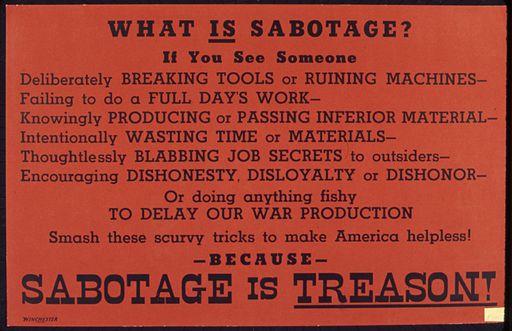
Clever tweets tend to morph in content and meaning over time. I don’t know where this one originated, and I’ve edited it to taste as people will do with such things, but I’m sure you’ll get where it’s going:
“It’s just 15 days to flatten the curve. It’s just a mask. It’s just six feet. It’s just no large gatherings. It’s just preventing ‘misinformation.’ It’s just a shot. It’s just a mandate. It’s just showing your vaccine passport on demand …”
Naturally, anyone who objected at any waypoint on that trail, or predicted the next waypoint, was roundly decried in American mainstream media as a whackjob. It was always going to be “this far and no further,” and only “conspiracy theorists” would believe otherwise.
When I see stuff like those tweets, my first mental go-to is Martin Niemoller (“First they came for …”).
My second is Sinclair Lewis (“It Can’t Happen Here”).
And my third is Australia.
Less than two years ago, Australia could be plausibly described as a “western liberal democracy.”
Today, Australia’s regime is doing its best to show up Joseph Stalin and Kim Jong-Un as amateurs. And succeeding.
In parts of Australia, you’re allowed a luxurious one hour per day outdoors, to exercise, alone. But be sure to keep your papers on you for presentation on demand, and even then prepare for harassment by the police and armed forces, including helicopter patrols (yes, really).
If you’re a traveler allowed to return and ordered to quarantine, don’t forget to download the government’s smart phone surveillance app, which texts you at random intervals and gives you 15 minutes to respond with a selfie proving you’re where you’ve been ordered to cell in. Otherwise, police will be dispatched to track you down.
All is not lost for our Aussie friends, though. If they’re lonely, they can “nominate” one (ONLY one) friend, or romantic or sexual partner, with whom to form a “single social bubble.” If the regime approves their application, they’re graciously permitted to spend alone time with their “bonk bubble buddy.” But they must choose carefully — no backsies! They’re stuck with their choice for the duration of the “emergency.”
Am I a whackjob conspiracy theorist for worrying that America, having set its feet on that same path, may continue down the road toward “Make America East Germany Again?”
Well, maybe. But these days, I’d rather be a whackjob conspiracy theorist than an Australian.
Thomas L. Knapp (Twitter: @thomaslknapp) is director and senior news analyst at the William Lloyd Garrison Center for Libertarian Advocacy Journalism (thegarrisoncenter.org). He lives and works in north central Florida.
PUBLICATION HISTORY


